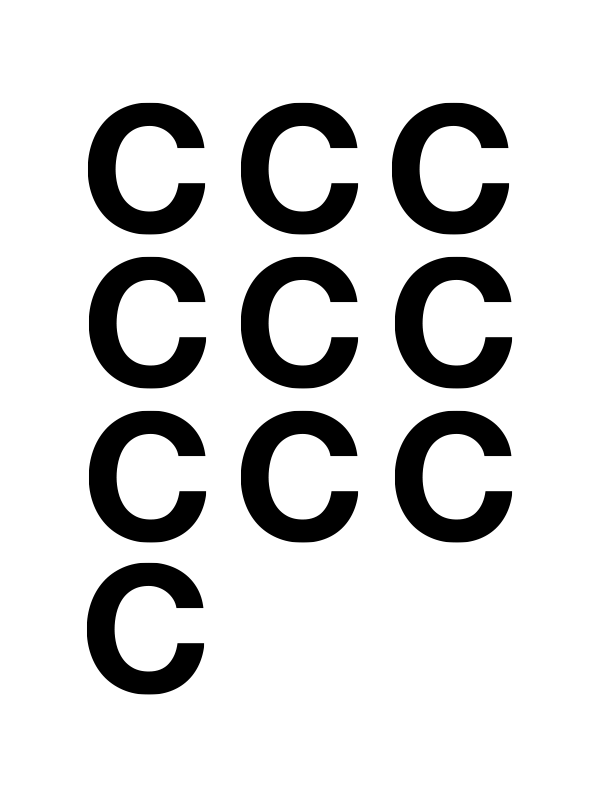The notion of skills encompasses the capability and aptitude to engage in various activities, not confined to any singular domain, subject, or field. This idea is inherently broad, encompassing different types of skills such as physical, cognitive, and emotional. Additionally, there exists a hierarchical aspect to skills, allowing for distinctions in skill levels between individuals and the complexity or degree of skills required by different jobs. Viewing all activities as composed of tasks, with each occupation being a unique combination of these tasks, allows for skills to be seen as the necessary abilities and capacities for task execution. From this perspective, tasks dictate the “production process” from a demand viewpoint, whereas skills reflect this process from the supply side, closely aligning with the concept of human capital as discussed in economic studies.
Skills are essentially the capability to apply knowledge and expertise to complete tasks and solve problems, particularly within a professional setting.
Competencies, on the other hand, are broader attributes that involve the capacity to utilize knowledge and skills along with social and methodological abilities in various scenarios, including work, study, and personal and professional development. Competency extends beyond just cognitive skills to include functional, technical, interpersonal skills, and values.
- Definition: Skills are specific, learned abilities that enable an individual to perform a task or function effectively.
- Application: Skills are task-oriented and often tied to practical, hands-on activities. They are typically developed through training, practice, and experience.
- Examples:
- Typing speed is a skill used for data entry.
- Welding is a skill in metal fabrication.
- Programming in Python is a technical skill for software development.
- Key Characteristics: Skills are task-focused, measurable, and can be acquired or improved over time.
- Definition: Competences are a broader combination of knowledge, skills, behaviors, and attributes that enable someone to perform effectively in various roles and situations.
- Application: Competences are more comprehensive and encompass a range of abilities, including skills. They are often associated with complex roles and responsibilities.
- Examples:
- Leadership competence involves skills like communication, but also includes qualities like decision-making and emotional intelligence.
- Teaching competence combines subject knowledge, pedagogical skills, and the ability to create a positive learning environment.
- Business management competence encompasses strategic thinking, financial acumen, and leadership skills.
- Key Characteristics: Competences are holistic, combining skills, knowledge, behaviors, and attributes to enable success in diverse contexts.
- Skills Development: The process of acquiring or improving specific abilities.
- Competency Framework: A structured approach to defining and assessing competences within an organization.
- Proficiency: The level of expertise or skill in a particular area.
- Capability: The overall capacity and potential of an individual or organization to perform effectively.
